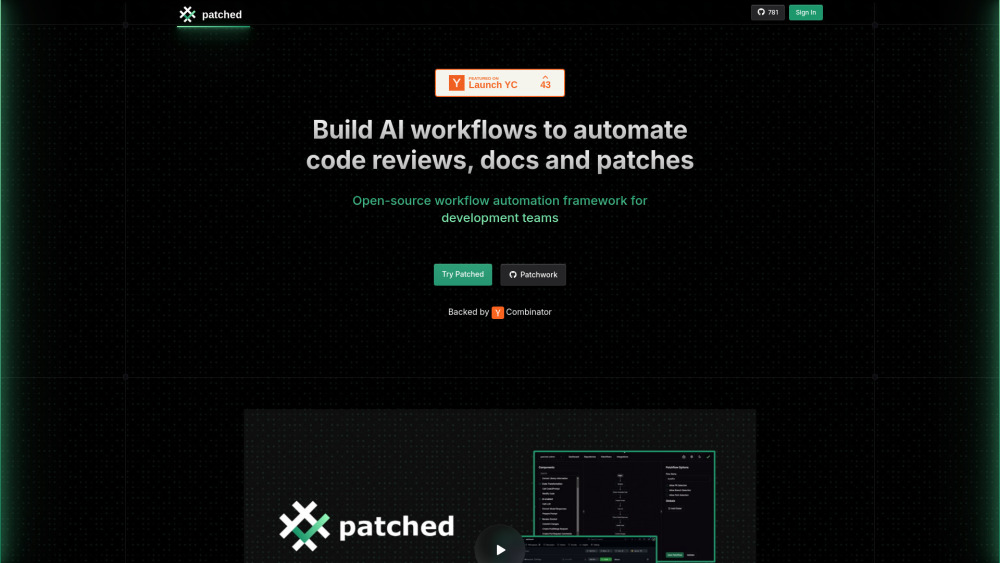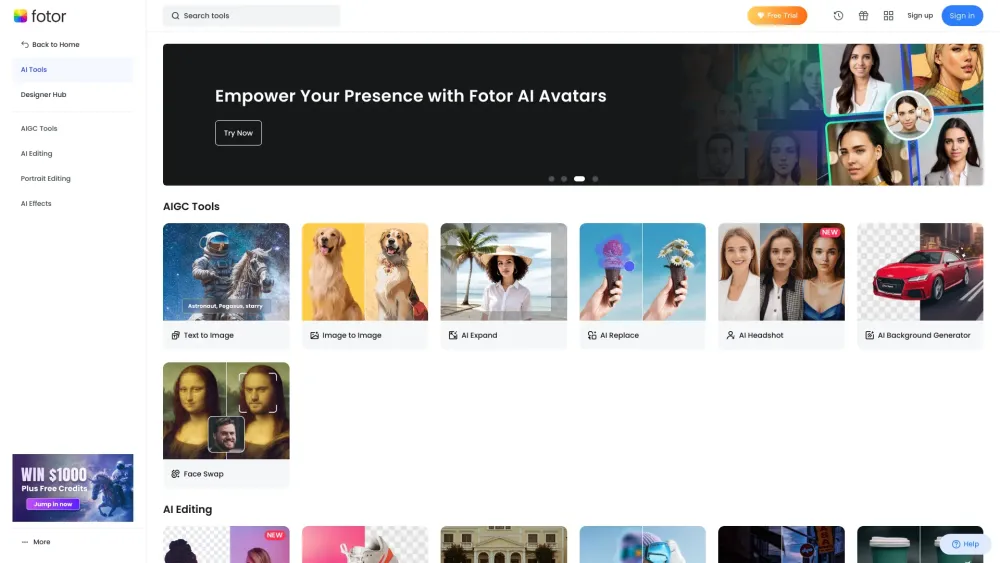Leading tech companies specializing in generative AI share differing perspectives on their approaches, yet they unanimously agree on one critical point: within the next decade, every enterprise will integrate this transformative technology into their operations. Adam Goldberg, who is part of the Go-To-Market team for ChatGPT Enterprise at OpenAI, expressed during a panel discussion at the AI Summit New York, that he anticipates complete enterprise adoption. “I think it will be 100%,” he stated, forecasting that the next two to three years will witness significant transformations as organizations revamp their business processes. These changes could arise from developing proprietary technologies or acquiring existing solutions, leading to substantial shifts for enterprises leveraging generative AI effectively.
Sy Choudhury, Director of AI Partnerships at Meta, supported this notion by noting that companies are currently experimenting with smaller and more cost-effective generative models. He predicted continued innovation in this space over the next year, emphasizing the importance of efficient models to keep operational costs manageable. Similarly, Salman Taherian, who leads generative AI partnerships at AWS for the EMEA region, highlighted three emerging trends: generative models are set to become smaller and more efficient while delivering superior performance, there will be a rise in customized models tailored for specific industries, and the integration of multiple large language models (LLMs) for enhanced functionality.
For instance, users might employ one LLM to verify outputs from another, addressing the issue of "hallucinations," where LLMs generate incorrect yet plausible-sounding information. Taherian cited a Gartner study predicting a staggering $3 trillion investment in AI over the next four years, with generative AI projected to capture a third of that expenditure.
Oz Karan, a partner at Deloitte and the leader of its trustworthy AI initiative, suggested that the most significant leaps in adoption will stem from user engagement rather than from corporate implementations. “The more we can trust these technologies and see them integrated into our daily lives, the more comfortable we will become in utilizing them,” he noted. With evolving regulations and improved model controls, he foresees that user adoption will noticeably outpace the percentage of businesses implementing generative AI.
This sentiment resonates with Hitesh Wadhwa from Google Cloud, who likened the current era of AI to previous technological waves such as the internet and mobile phones. “Just as it’s inconceivable to envision a world without internet access or mobile devices today, in eight years, it will be similarly unimaginable to find anyone not using AI,” he asserted.
Despite this positive outlook, the rapid growth of generative AI does face significant challenges, primarily stemming from risks such as inaccuracies, copyright concerns, privacy issues, security vulnerabilities, and algorithmic bias. Meta's Choudhury introduced the company's latest initiative, Purple Llama, aimed at promoting responsible AI through a suite of trust and safety tools. This program combines security strategies — akin to the red team/blue team model — to enhance the safeguarding of generative AI systems. Named after Meta’s suite of large language models, Purple Llama includes tools like CyberSec Eval, which provides cybersecurity evaluation benchmarks for LLMs, and Llama Guard, which classifies inputs and outputs for safety.
In a collaborative effort for responsible AI development, Meta has partnered with IBM to create an AI Alliance, encompassing over 50 founding members, including prominent tech companies like AMD, AWS, Google Cloud, and NVIDIA. This alliance focuses on fast-tracking innovation while proactively identifying and mitigating risks before public product launches.
Moreover, organizations are increasingly proactive in embedding responsible AI practices within their processes. At Meta, for example, prompts undergo scrutiny through four Llama models to ensure safety and performance prior to generating responses. Choudhury explained, “These steps are crucial for delivering a safe and enjoyable generative AI experience to consumers.”
Similarly, companies are involving legal and communication teams earlier in the development process to address potential risks and manage public relations fallout from any AI missteps. “It’s a different world now,” Choudhury noted, highlighting the evolving landscape of AI development and the importance of integrating diverse teams in the innovation process.




